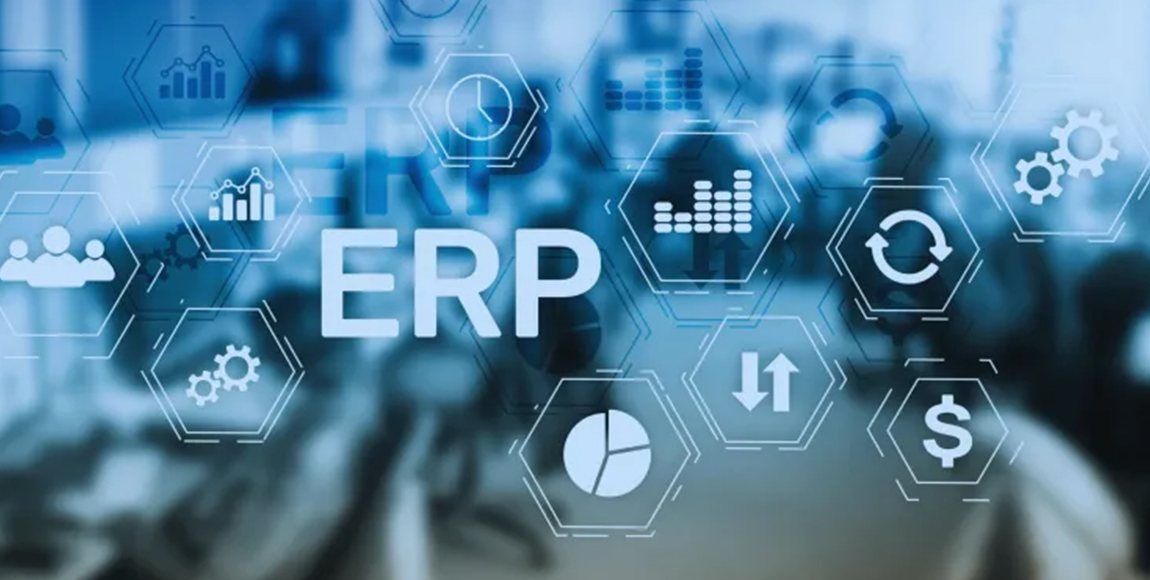Overview
With over 1.5 Lakh man-hours of experience, TXIS offers a wide range of ERP services in India, specializing in cost-effective ERP solutions tailored for SMEs. Our team has successfully collaborated with more than 70+ satisfied customers, solidifying our position as a trusted ERP partner.
TXIS takes immense pride in its rich track record, reflecting our deep expertise in Oracle implementations. With a robust portfolio encompassing over 25 modules, our proficiency extends across diverse areas such as Financials, Supply Chain Management (SCM), Order to Delivery Management (ODM), Order to Procure Management (OPM), Human Resources (HR), Payroll, Performance Management System (PMS), and Learning Management System (LMS). Our comprehensive suite of offerings also includes specialized modules like Enterprise Asset Management (eAM), Project Costing, Project Billing, Project Management, iSupplier, Sourcing, iExpenses, Incentive Compensation, Advanced Supply Chain Planning (ASCP), Loans, Treasury, iStores, Field Sales, Field Service, Depot Repair, and Self-Service Human Resources (SSHR), among others.
Our commitment to excellence goes beyond the implementation phase. We prioritize ongoing support and optimization, ensuring that our solutions evolve with your business needs. By leveraging the latest technologies and best practices, we empower organizations to unlock new levels of efficiency, innovation, and growth. With TXIS as your trusted partner, you can navigate the complexities of digital transformation with confidence, knowing that your success is our top priority.
In today’s dynamic business environment, where institutional knowledge often departs with departing employees and consultants, TXIS has developed a unique approach to preserving the wealth of knowledge acquired through each implementation and service we provide. We harness this past knowledge and experience to fuel the success of every subsequent project.
What sets us apart is our unwavering commitment to our customers’ success, which is deeply ingrained in every aspect of our business philosophy. We go above and beyond to ensure that our clients not only achieve their goals but surpass them with flying colors. Our relentless dedication to excellence, combined with our vast expertise and innovative solutions, makes us the go-to choice for businesses seeking transformative ERP services. With TXIS by your side, you can rest assured that you’re not just receiving ERP solutions; you’re forging a powerful partnership that guarantees your success every step of the way.

Offerings
As ERP solution providers specializing in ERP services for SMEs and MSMEs, we are dedicated to delivering cost-effective solutions without any cost spillage while upholding the highest standards of service quality. This unwavering commitment has not only earned us the distinction of being a preferred partner of Oracle but has also solidified our reputation as industry leaders in providing scalable, innovative, and reliable ERP solutions tailored to the unique needs of small and medium-sized enterprises.
Our comprehensive services encompass end-to-end implementation, and we go beyond this by actively assisting businesses in addressing various other operational challenges as they arise. We excel in re-engineering processes to enhance efficiency without causing project delays. This value-added approach not only ensures that our clients derive maximum benefit from our services but also optimizes their utilization of Oracle E-Business Suite (EBS).
Insights
Implementing an Enterprise Resource Planning (ERP) system is a complex and critical process, representing a pivotal endeavor for organizations seeking to optimize their operations, bolster efficiency, and elevate decision-making capabilities. This intricate journey demands meticulous planning, thorough analysis, and seamless execution to ensure successful integration and long-term effectiveness. From initial scoping and requirements gathering to software selection, customization, and deployment, each phase requires careful attention to detail and strategic alignment with organizational objectives. Moreover, ongoing support, training, and system refinement are essential to maximize the value derived from the ERP investment and drive continuous improvement across all business functions.
Key insights & best practices for a successful ERP implementation are
Clear Objective Strategy
Executive Buy-In & Leadership
Cross Functional Team
Business Process Mapping & Redesign
Data Quality & Clean-up
Customization vs. Standardization
User Training & Change Management
Phased Implementation
Risk Management
Testing & Quality Assurance
Data Security & Compliance
Post-Implementation Support
Monitoring & KPI’s
Flexibility & Scalability
Continuous Improvement:
Vendor Relationship
User feedback
Celebrate Achievement
ERP implementations are significant undertakings, requiring meticulous planning, unwavering dedication, and ongoing commitment from all stakeholders. Success hinges on the adoption of the right approach, guided by strategic insights and a proactive mindset. By adhering to these principles, your organization can unlock the full potential of its ERP system and reap maximum benefits for long-term growth and efficiency.
REQUEST A CALL BACK
Need assistance? Leave your details for a callback





